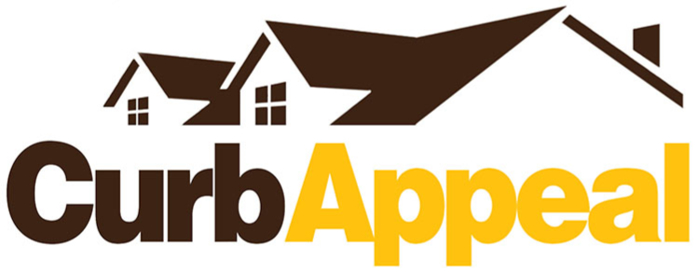Image: Masson / AdobeStock

Existing-home sales have continued their impressive climb, setting the fastest pace since December 2006. Low mortgage rates, pent-up buyer demand, and continued job recovery are the key factors fueling the market. Sales are expected to continue their growth throughout the rest of 2020.
Low Mortgage Rates Offer Buyers More Purchasing Power
Mortgage rates have remained below 3% for the past several months, according to Sam Khater, chief economist for Freddie Mac, which has helped stimulate the housing market even during these uncertain times. “We’re seeing potential homebuyers who now have more purchasing power and many current homeowners who have the option to refinance their loan for a better rate.” For the week ending October 1, the 30-year fixed-rate mortgage averaged just 2.88%, with an average 0.8 point; a year ago, it averaged 3.65%. Despite the record-low rates, Khater cautioned that lender capacity, low housing inventory, and high home prices could put a halt to the record-breaking trajectory of home sales.
New Housing Is Needed
The lack of inventory that has been plaguing the housing market for years is showing no sign of easing. At the end of August, there were 1.49 million units available for sale, down 0.7% from a month ago and 18.6% from a year ago, when there were 1.83 million homes available. At the current sales pace, unsold inventory would supply the market for only three months, down from 3.1 months in July and four months in August 2019. The lack of housing supply will prevent many would-be buyers from achieving their homeownership goals. According to Lawrence Yun, chief economist for the National Association of Realtors, the inventory shortage has worsened over the past month because of the rapid increase in lumber prices, as well as a lumber supply shortage due to the California wildfires. “This has already led to an increase in the cost of multifamily housing and an even higher increase for single-family homes.” The lack of supply, coupled with an increase in demand, will put even more strain on the fragile supply of homes. NAR’s “2020 Work From Home Counties” report found that remote work opportunities will become more commonplace in the nation’s workforce culture. According to Yun, this trend will continue, even after a COVID-19 vaccine is made available. As a result, measures should be taken now to increase the supply of homes, such as investing in new home construction.
Prices Are Up, but Houses Are Selling Faster This Year Than Last
The average property remained available for sale for just 22 days in August, unchanged from a month ago; a year ago, homes remained on the market for 31 days. Of all the homes sold in August, 69% were available for less than a month. Home prices have seen year-over-year gains for the past 102 months. The median existing-home price climbed to $310,600 in August, 11.4% higher than August 2019. Every sales region in the country reported price gains in August.
Regional Sales Breakdown for August 2020
For the past three months, home sales have increased month over month in every sales region. What’s more, median home prices saw double-digit gains from last year.
Northeast - Existing-home sales annual rate of 740,000; an increase of 13.8% from July 2020 and 5.7% from August 2019. Median sales price of $349,500, an increase of 10.4% from August 2019.
Midwest - Existing-home sales annual rate of 1,410,000; an increase of 1.4% from July 2020 and 9.3% from August 2019. Median sales price of $246,300, an increase of 10.7% from August 2019.
South - Existing-home sales annual rate of 2.6 million; an increase of 0.8% from July 2020 and 13% from August 2019. Median sales price of $269,200, an increase of 12.3% from August 2019.
West - Existing-home sales annual rate of 1,250,000; an increase of 0.8% from July 2020 and 9.6% from August 2019. Median sales price of $456,100, an increase of 11.8% from August 2019.












